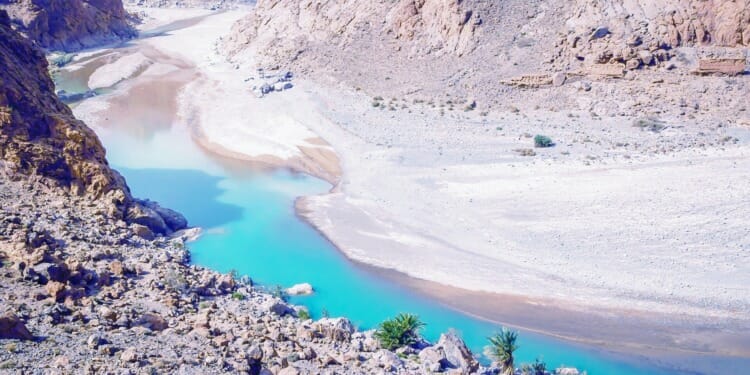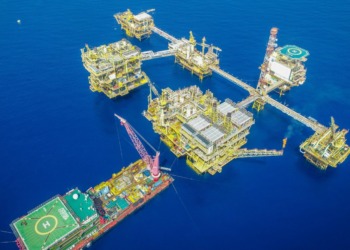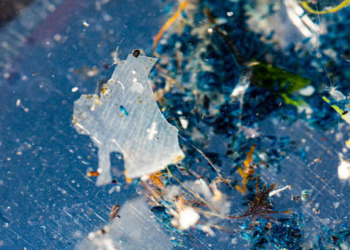According to a report published on Tuesday, fast fashion brands have caused African rivers to turn blue or contain the same alkaline levels as bleach.
The report from Water Witness International (WWI), pointed to the case of Lesotho and Tanzania’s polluted rivers to shed light on the danger of pollution as world-wide brands continue obtaining clothing from contractors in Africa. Brands are attracted, as they underlined in their report, by cheap labour and tax incentives.
These brands could improve their practice, but their current work within Africa has failed to resolve the issue of pollution as well as insufficient water and sanitation supplies for factory workers, director of WWI and author of the report, Nick Hepworth, said.
Hepworth added: “The flipside is that (fast fashion) could be a force for change,” and later mentioned that it is nevertheless important for investors and brands to lead the way.
In the report, researchers identified a river in Lesotho, which was evidently polluted by blue dye used for denim jeans. Additionally, researchers also gathered samples from Tanzania’s Msimbazi river in Dar es Salaam, which had a pH of 12. This is the equivalent to bleach which can contain a pH of 11 to 13.
Related Articles: Fast Fashion’s Detrimental Effect on the Environment | The Harmful chemicals in Fast Fashion
But there’s danger that the environmental and health damages will spread. The report also found that locals were using the river for washing and to water crops, signifying the risk of pollution for the community.
The report also listed 50 global brands that “source or have sourced” their garments from African countries, including H&M, ASOS and Inditex’s Zara, but none of the supply chains were linked to the river pollution, suggesting that there is not a specific chain responsible for the the river pollution.
Reuters reports that Zara did not comment in response to the findings, however, ASOS and H&M confirmed that they obtain clothing from Africa but asserted that they have initiatives to maintain sustainability or deal with the risks to the rivers.
Katrina Charles, who is a water security and quality expert from the University of Oxford and has also worked with governments in Asia and Africa, believes brands are not only capable of making more sustainable clothing but have also done so in the past. She also says that pressure from consumers is crucial in prompting greater focus on sustainability.
Charles also said that the textiles industry provides prosperity for Africa, such as more employment opportunities, but that this would not be effective if pollution was not sufficiently tackled and the working environment was not satisfactory. She concluded: “Making the textile industry a force for good in Africa is a very delicate balance.”
The fashion industry poses an environmental risk to the rivers of Africa, whereby the use of the water can endanger healthy plant production and human health in the surrounding local communities. So whilst fast fashion can contribute towards development, delivering opportunities for African nations- the environmental risks must be carefully considered and ultimately addressed, in order to fully reap the economic benefits.
Editor’s Note: The opinions expressed here by Impakter.com columnists are their own, not those of Impakter.com.— In the Featured Photo: Ziz Valley, Morocco, Africa. Featured Photo Credit: Alexander Schimmeck










